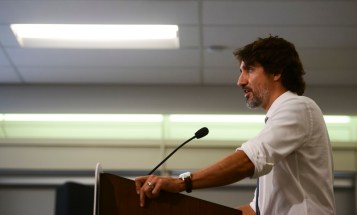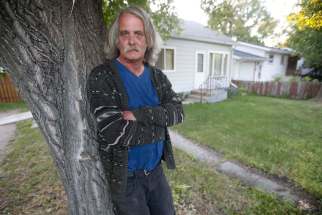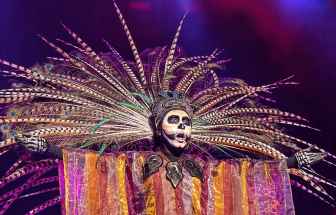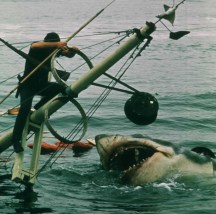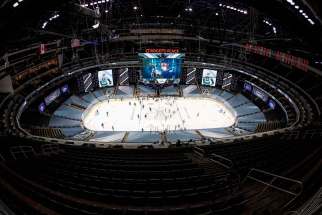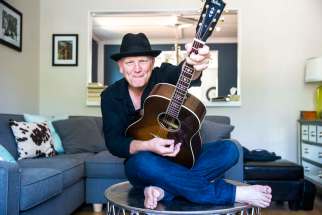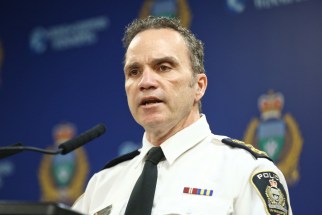In a perfect world Folklorama has always been the city's go-to celebration of culture, but this year participants will need to make the most of past memories instead
Read this article for free:
or
Already have an account? Log in here »
To continue reading, please subscribe:
Monthly Digital Subscription
$0 for the first 4 weeks*
- Enjoy unlimited reading on winnipegfreepress.com
- Read the E-Edition, our digital replica newspaper
- Access News Break, our award-winning app
- Play interactive puzzles
*No charge for 4 weeks then price increases to the regular rate of $19.00 plus GST every four weeks. Offer available to new and qualified returning subscribers only. Cancel any time.
Monthly Digital Subscription
$4.75/week*
- Enjoy unlimited reading on winnipegfreepress.com
- Read the E-Edition, our digital replica newspaper
- Access News Break, our award-winning app
- Play interactive puzzles
*Billed as $19 plus GST every four weeks. Cancel any time.
To continue reading, please subscribe:
Add Free Press access to your Brandon Sun subscription for only an additional
$1 for the first 4 weeks*
*Your next subscription payment will increase by $1.00 and you will be charged $16.99 plus GST for four weeks. After four weeks, your payment will increase to $23.99 plus GST every four weeks.
Read unlimited articles for free today:
or
Already have an account? Log in here »
Hey there, time traveller!
This article was published 31/07/2020 (1958 days ago), so information in it may no longer be current.
For festival-goers, Folklorama is a chance to explore the world without leaving Winnipeg. For pavilion volunteers, the whirlwind two-week event is a chance to celebrate their cultures and connect with their communities.
Prior to the coronavirus pandemic, the 2020 festival was scheduled to kick off on Sunday. The event’s cancellation has left a void for many involved.
“It feels like there’s something missing,” says Godfrey Tamayo, a longtime volunteer and media chairman for the Pearl of the Orient Philippine Pavilion.
This would’ve been Tamayo’s 20th summer as a pavilion volunteer — he attended Folklorama as a teen and got more involved after meeting his future wife, Nicole, who has been performing and teaching with the Magdaragat Philippines dance troupe since 1987.

Tamayo started as a “curtain boy” for the performances, before moving on to more prestigious roles, such as pavilion ambassador.
As a second-generation Canadian, Folklorama has been a way to teach his three kids about their Filipino roots.
“I feel really proud that my kids are involved,” he says. “There’s also a lot of things I wouldn’t know about other cultures if I didn’t have the opportunity to visit their pavilions.”
Getting a big group of friends together for a pavilion tour has become an annual tradition, but Tamayo’s fondest Folklorama memory is the time he performed a wedding dance with his wife onstage.
“It was a very interesting experience because I’m not a dancer,” he says, laughing. “Being able to share that with my wife was really one of the most memorable moments of Folkorama for me.”
“I feel really proud that my kids are involved. There’s also a lot of things I wouldn’t know about other cultures if I didn’t have the opportunity to visit their pavilions.” – Godfrey Tamayo
Folklorama executive director Teresa Cotroneo is dreading the August long weekend.
“I’m not sure what to do with myself for the first time in many, many years,” she says.
For Cotroneo, the week before kick-off would normally be filled with last-minute meetings and the following two would be spent visiting every single pavilion on the program.
“Being on the operations side of things, you get lost in the higher-level logistics,” she says. “(Visiting) with the volunteers and everyone that we have those relationships with is what truly brings it full-circle for me and that’s what keeps me energized.”
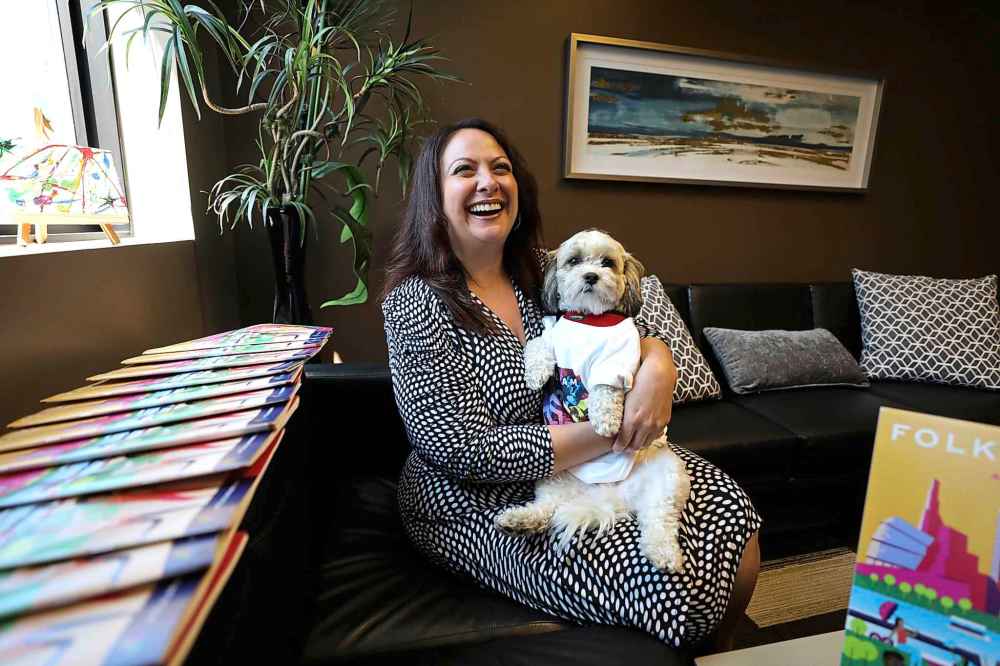
Though she has a lifetime of Folklorama memories, she’ll never forget the year a delivery truck knocked out a Hydro pole at a pavilion hours before they were set to open to the public. Without power, volunteers scrambled to prep the day’s food off-site and bring it back to the venue by 6 p.m.
“You never would’ve known anything happened,” she says. “It speaks to the dedication of those who are involved with this festival.”
The 2019 festival was a banner year for Sandy Deng. In her first term as co-ordinator of the South Sudanese Pavilion, she was named one of Folklorama’s outstanding organizers — an honour that was more than warranted.
“We’re committed to creating this culture of acceptance and love among all of us.” – Sandy Deng
“I was running around a lot,” she says, before rattling off a list of responsibilities that included mopping floors, shopping for groceries, serving guests and filling in as MC.
“I didn’t realize anyone was watching and that people who came from the office were watching me work. It wasn’t a big thing, but even getting the recognition kind of pushed me and motivated me to do more.”
Deng had big plans for 2020, but instead she’s using the gap year to get organized and bring more South Sudanese newcomers into the Folklorama fold.
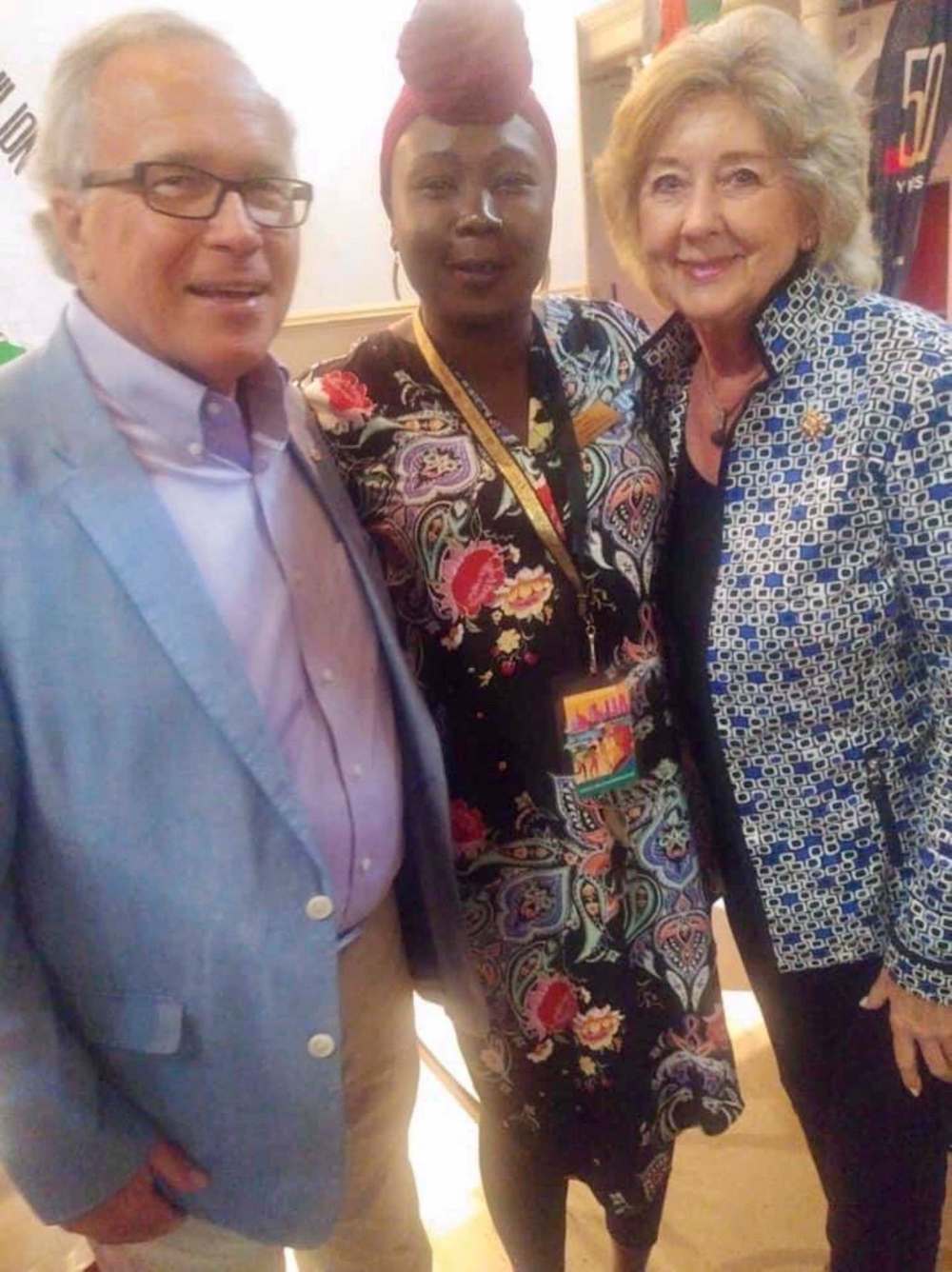
Over more than a decade of volunteering, she’s watched the pavilion evolve along with major developments in her birth country. South Sudan gained independence in 2011 and that same year, Deng and her colleagues launched a pavilion highlighting the diverse culture and traditions of the region.
She’s also watched her children take on pavilion responsibilities and gain a sense of ownership over their heritage. Deng’s oldest son wore a necklace in the shape of South Sudan during his high school graduation ceremony this spring.
“To go up on the stage wearing something that symbolizes where he comes from was important to him,” she says. “I was proud of him and I think it has to do with these activities that we do during Folklorama.”
She sees the festival as a way to fight racism through education.
“That ignorance that leads people to treat people as others might just go away because you sat with me, you ate with me and you talked with me about my culture,” she says. “We’re committed to creating this culture of acceptance and love among all of us.”

Every August, the Kovach family gets a rare opportunity to spend two weeks working together side-by-side at the Hungary-Pannonia Pavilion.
“This community is such a big part of who I am and this event has been such a big part of my upbringing,” says Liz Kovach, who has been participating in Folklorama for 38 years with her parents, brother and extended family.
“In the summer I know there’s certain faces I’m always gonna get to see… you get busy with life and you don’t necessarily have the time to catch up with people.”
Between singing with friends on the swing set at the pavilion’s first venue to cooking thousands of cabbage rolls in the steam ovens at the RBC Convention Centre, Kovach has a hard time picking a favourite Folklorama memory. Being a dancer — and now artistic director — with the Kapisztran Hungarian Dance Ensemble of Winnipeg has been a definite highlight.
“We went from being this mediocre dance group to being extremely talented and having a lot of potential,” says Kovach of the shift that happened when the group started bringing in folk dance instructors from Hungary. “Being a part of that was really important for us, and we went through it as a group of friends.”
Dancing at Folklorama has also opened the door to learning about her parents’ homeland.
“Having some of that knowledge certainly gives us some more understanding about the way they grew up and why it’s important for us to care about our heritage,” she says.
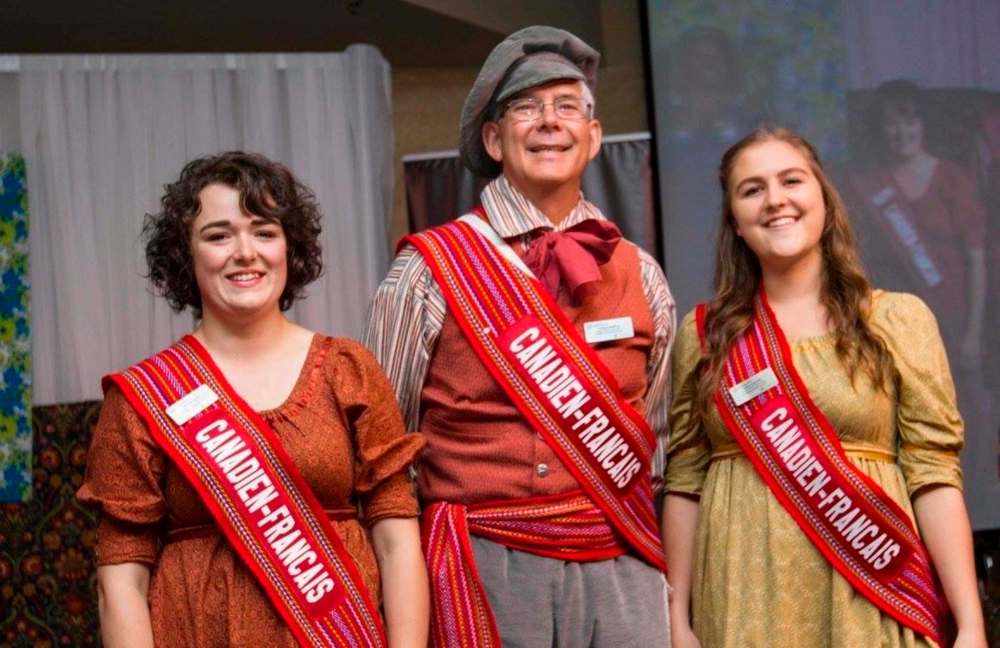
The summer cultural festival is also a family affair for Julie Desrochers.
“My mom was a co-ordinator and then I started dancing and I have three younger sisters that sort of followed in my footsteps and at one point all four of us were dancing on the same stage, which was kind of cool,” says the joint co-ordinator of the Pavillon canadien-français.
“Within a pavilion, all these other volunteers and people you work with are another family.”
With Folklorama cancelled this year, Desrochers is missing kitchen party-style music and dancing, as well as special occasion food like tourtière.
Being involved in pavilion life has helped her gain leadership and public speaking skills and inspired her to learn more about her Métis heritage.
“It was kind of a kick-start to wanting to learn more about myself and now it’s more of an opportunity to share it,” she says. “I miss that as well, being able to show off our culture.”
eva.wasney@freepress.mb.ca
Twitter: @evawasney
Join the Folklorama scavenger hunt
In lieu of the 2020 festival, organizers have put together an ethno-cultural scavenger hunt of Winnipeg landmarks and restaurants suggested by Folklorama volunteers.
In lieu of the 2020 festival, organizers have put together an ethno-cultural scavenger hunt of Winnipeg landmarks and restaurants suggested by Folklorama volunteers.
To take part, snap a photo at as many locations as you can over the next two weeks and tag @Folklorama or use the #MyFolklorama in your social media post. Participants will be entered to win prizes, like two VIP passes to Folklorama 2021 and various gift baskets.
Visit folklorama.ca for details and to download the scavenger hunt guide.

Our newsroom depends on a growing audience of readers to power our journalism. If you are not a paid reader, please consider becoming a subscriber.
Our newsroom depends on its audience of readers to power our journalism. Thank you for your support.


